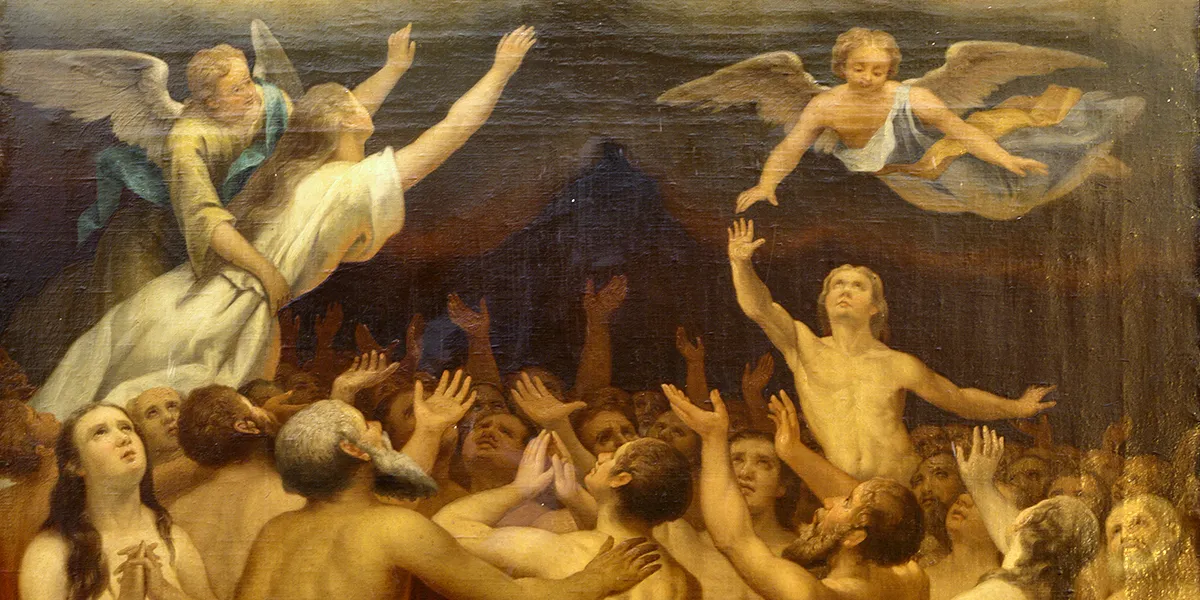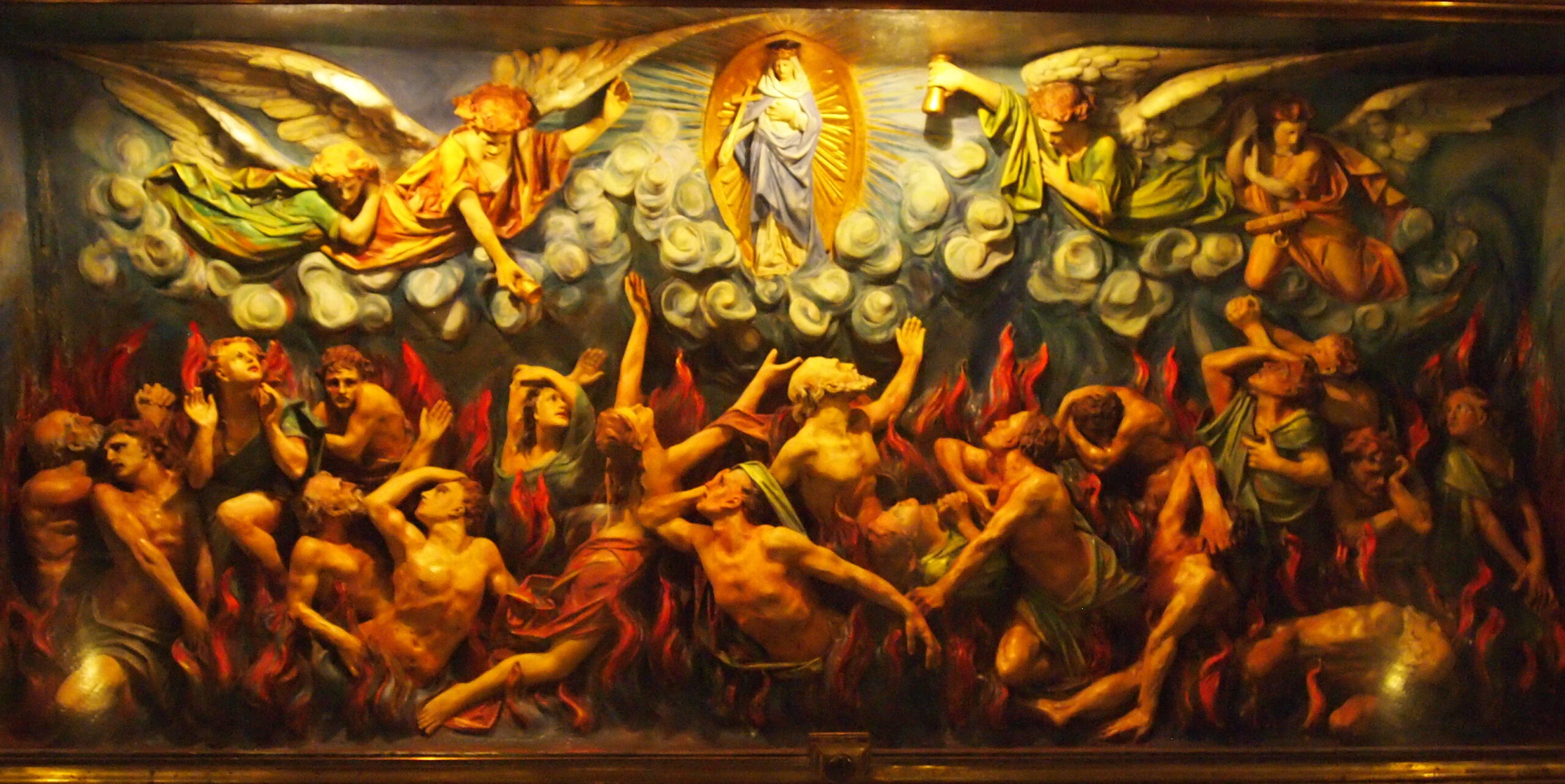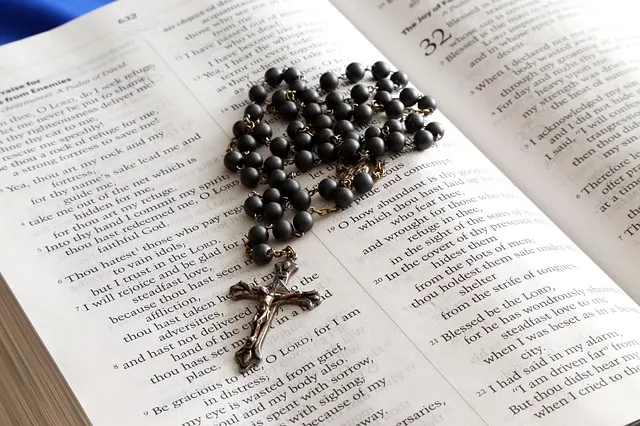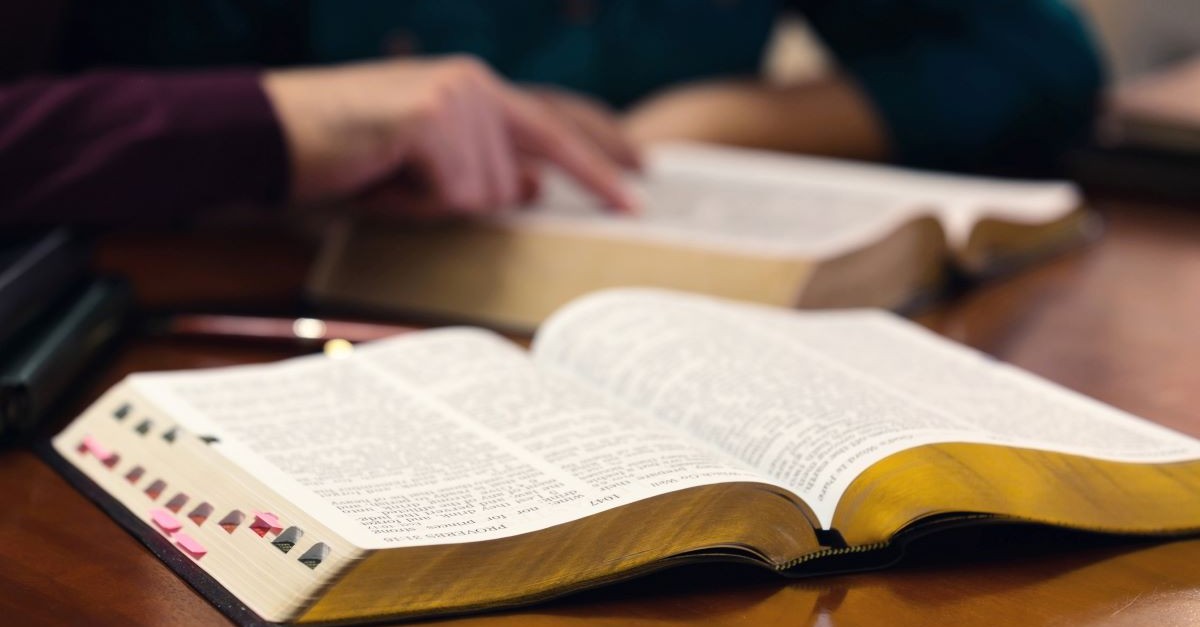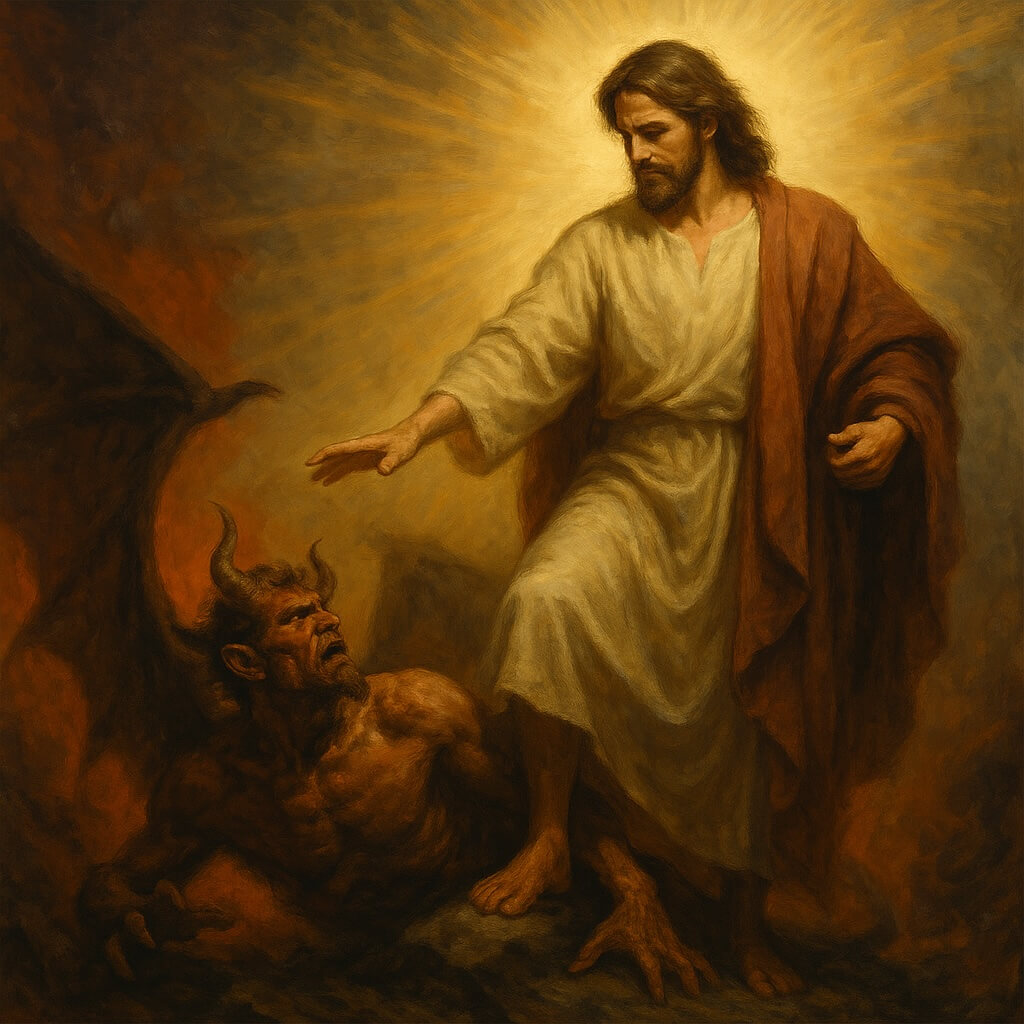
Author: Mother & Refuge
-
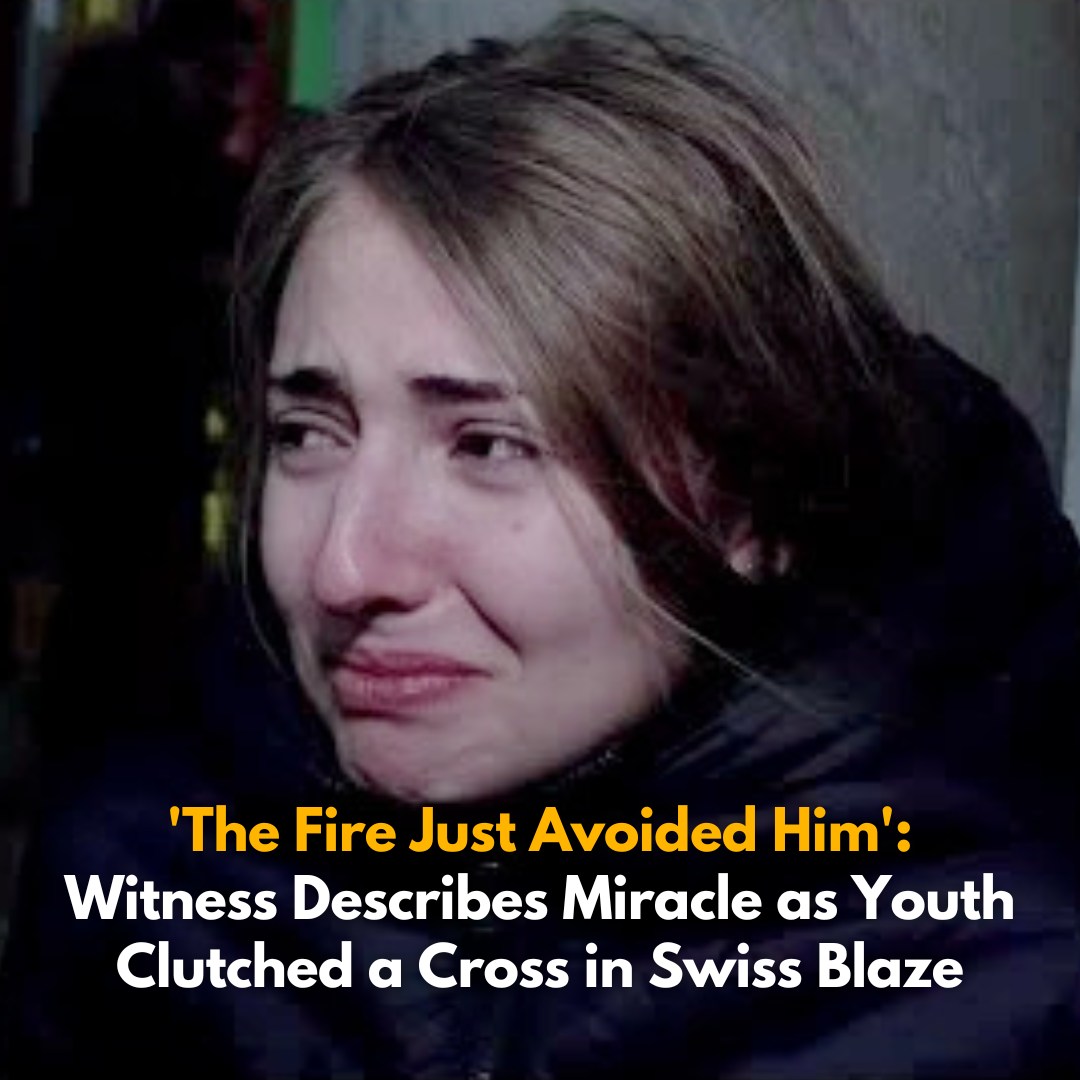
VIDEO! Miracle of the inferno: Witness reveals youth trapped in Swiss blaze sat down with crucifix in his hand ‘and the fire just avoided him… ‘
Read More: VIDEO! Miracle of the inferno: Witness reveals youth trapped in Swiss blaze sat down with crucifix in his hand ‘and the fire just avoided him… ‘https://motherandrefuge.com/wp-content/uploads/2026/01/AQOeLyOf6jQhov8Bp5W-eQtL7301Oz0Z7f1vH-vyvLlWgabVq5qHuUINHB1IoNDswyPq78BJ6p6neu1x5nZZm9DGfQYy49x0yf3vjEs.mp4 A youth trapped inside a burning ski bar in Switzerland survived in what many are calling a miracle. As the fire ripped through the basement club, exits were blocked and there was “no way out.” According to witness Laetitia Place, her friend couldn’t escape, so “he just sat down and held his cross in…
-
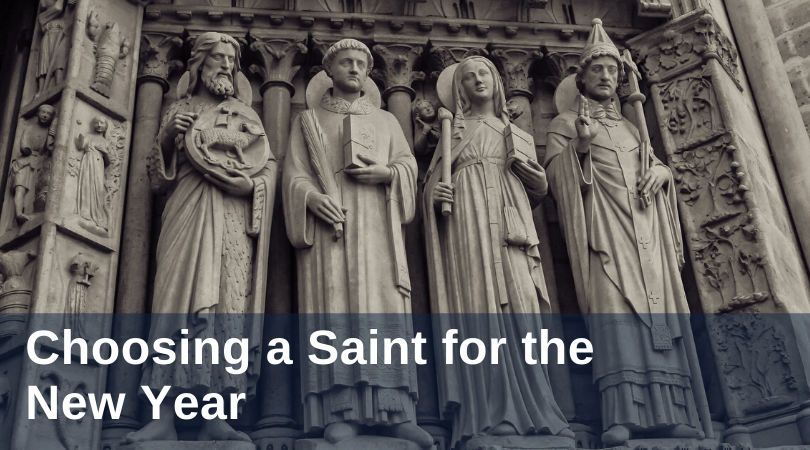
Discover the Saint who will accompany you in the new year!
Read More: Discover the Saint who will accompany you in the new year!https://www.youtube.com/watch?v=sdS0ewLjsNo At the beginning of the year let us ask God to give us the protection of a Saint whom we will pray to throughout the year and to whom we will commit ourselves to deepen his life and to imitate his virtues. By clicking on the inscription “my patron saint” will open a page from the most important encyclopedia of Saints and Blesseds: this…
-

How to bless your home with Epiphany chalk
Read More: How to bless your home with Epiphany chalkEach year around the feast of the Epiphany many parishes throughout the world participate in an annual blessing of chalk. It is an ancient tradition that not only places God at the entrance of your home, it places your entire family under his protection. The Epiphany blessing of chalk and homes is a centuries old…
-
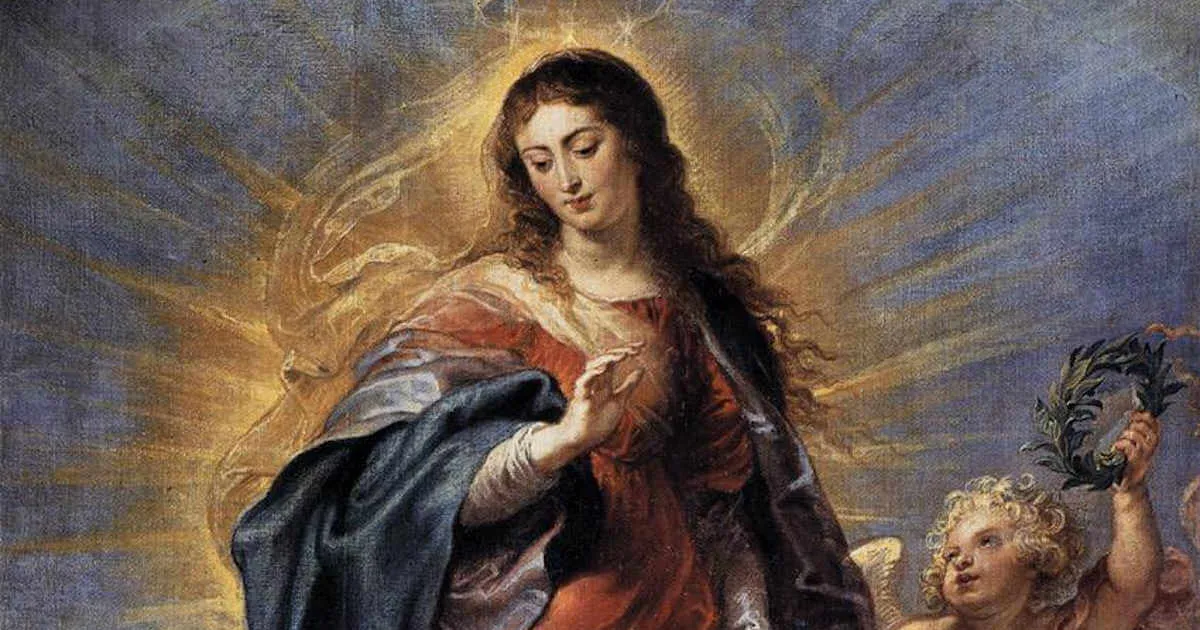
The Immaculate Conception | Free Spiritual Resources
Read More: The Immaculate Conception | Free Spiritual ResourcesYou can download PDF for FREE below Powered By EmbedPress
-
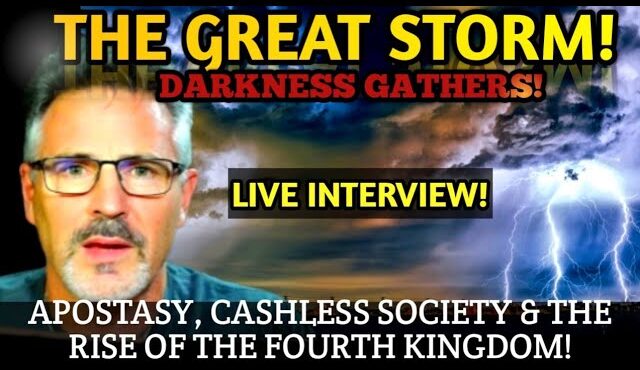
Mark Mallett | The Great Storm & the Darkness That Attacks the Church” — A Call to Faithful Vigilance
Read More: Mark Mallett | The Great Storm & the Darkness That Attacks the Church” — A Call to Faithful Vigilancehttps://www.youtube.com/watch?v=Km3Qod5tHtE 1. Introduction: A Warning Cry for the Church In this compelling live broadcast, renowned Catholic prophetic commentator Mark Mallett raises the alarm: a “great storm” is forming, and a darkness is pressing in upon the Church like never before. This is not just spiritual commentary—it is a clarion call to souls faithful to the…
-
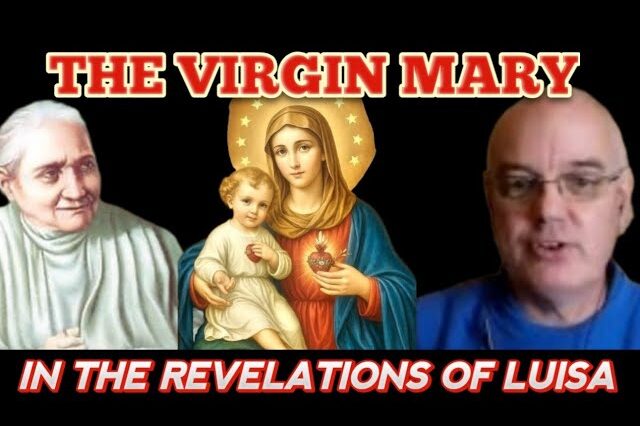
Live with Derek Williams: The Virgin Mary & Redemption in the Divine Will
Read More: Live with Derek Williams: The Virgin Mary & Redemption in the Divine Willhttps://www.youtube.com/watch?v=TTq3oaMiCFA 🌟 Live with Derek Williams: The Virgin Mary & Redemption in the Divine WillA Grace-Filled Conversation on Our Lady’s Role in Louisa Piccarreta’s Revelations 🙏 Opening Prayer The livestream began with a beautiful invocation to Our Lady: “Remember, O most gracious Virgin Mary, that never was it known…” With Mary’s mantle over the conversation,…
-
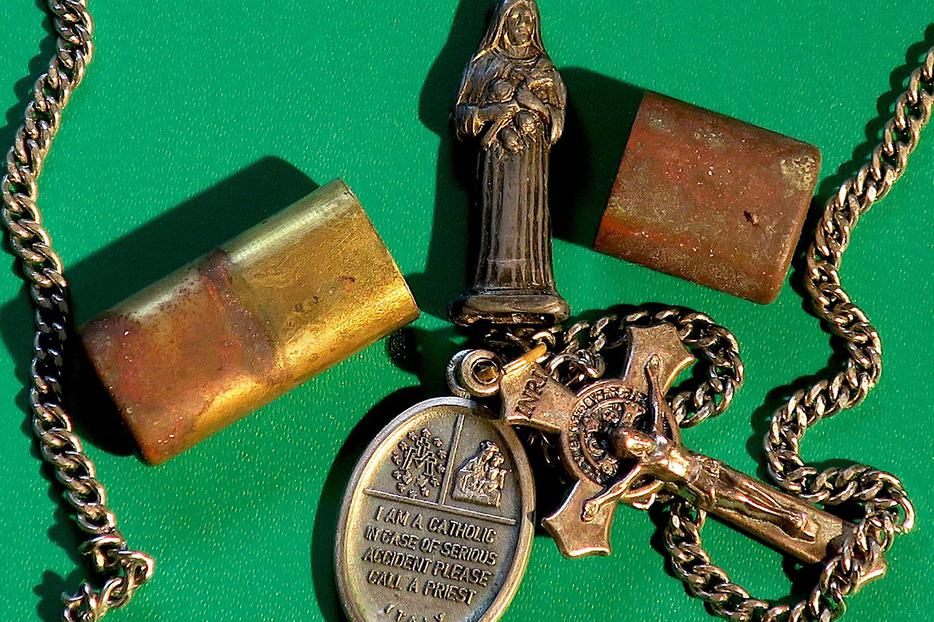
Sacramentals | FREE Resources
Read More: Sacramentals | FREE ResourcesYou can download resources for free below! Three Hail Marys Roman Ritual Catholic Christian Sacramentals Powered By EmbedPress Powered By EmbedPress Powered By EmbedPress
-

URGENT ANGUERA: PROPHECY, SCIENCE AND MYSTERY: WHAT COULD 3I/ATLAS MEAN?
Read More: URGENT ANGUERA: PROPHECY, SCIENCE AND MYSTERY: WHAT COULD 3I/ATLAS MEAN?Powered By EmbedPress 🔥 ANGUERA URGENT: Prophecy, Science, and Mystery — What Could 3I/ATLAS Mean? October 23 – Peace and blessings in the name of the Father, the Son, and the Holy Spirit.Praised be Our Lord Jesus Christ, forever praised with our Most Holy Mother Mary. 🌌 NASA’S MYSTERIOUS DISCOVERY ABOVE US Recently, news…
Search
Popular Posts
-
The Bible is a Catholic Book!
Download below for Free Powered By EmbedPress
-
Which Bible Should We Read?
Please Download Below! Powered By EmbedPress
Categories
Archives
Tags
#Miracles (106) 2023 (4) 2024 (4) approved miracles (2) catholic (148) catholic blog (395) catholic meditations (7) catholic miracles (391) catholic motivation (2) catholic news (385) catholic prayers (4) CatholicSeers (373) catholic vlog (394) catholic websites (6) Eucharistic miracle (2) fr jim blount (3) GisellaCardia (11) hamas (3) imitation of christ (2) Israel (4) israel live (5) Israel news (9) jesus (3) jesus christ (4) Latest messages (11) lent 2023 (10) lent 2024 (4) lent homily (2) lent retreat (4) lent retreat 2023 (3) Lourdes (2) messages from god (6) MessagesFromHeaven (381) miracles of catholic church (2) mother and refuge (2) ourlady (329) OurLadyApparitions (22) our lady of lourdes (2) Pope (2) POPE francis (3) pope francis news (2) prayers (3) real miracles (367) sacred heart of jesus (2) The Miracles of Lourdes (2)


